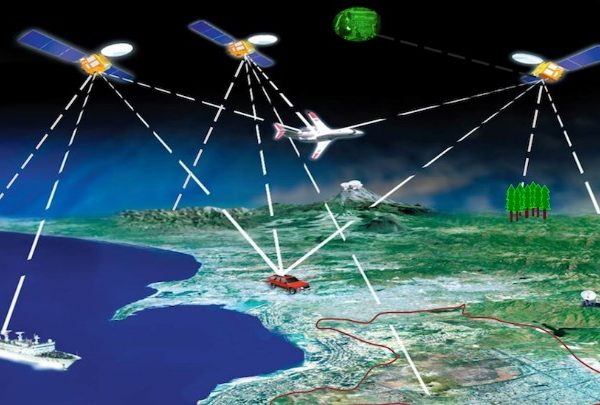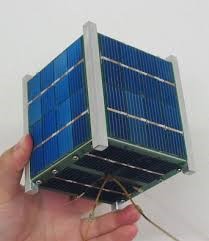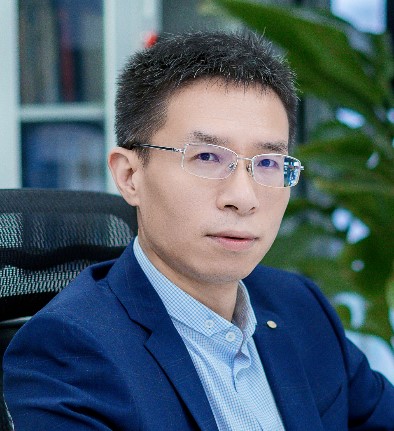
Precision GNSS: Technology Advances and Applications for Navigation and Mapping
The Global Navigation Satellite Systems (GNSS) have become an indispensable component for a wide range of applications. With rapid advances in GNSS system development which currently includes four operational systems and various regional augmentation systems, high accuracy is increasingly demanded by many emerging applications. For examples, within-lane autonomous vehicle control requires dm or better positioning accuracy while dm accuracy is also demanded for smartphone-based navigation and mapping. Although high accuracy has been widely demonstrated, the use of low-cost GNSS receivers in mass-market applications present various challenges in order to achieve high accuracy with stringent requirements on system availability and integrity. This workshop will seek contributions that are addressing the related challenges. They can be research progress on the development of new concept, models, algorithms and systems for precise GNSS positioning (PPP, PPP-RTK, LEO etc) and integrated navigation systems (GNSS, INS, Vision etc), as well as novel applications to navigation and mapping including application system design, implementation, prototype, product and testing results.
The workshop will be part of the ISPRS Geospatial Week 2023 and is hosted by the Arab Academy for Science, Technology, and Maritime Transport (AASTMT) in parallel with several related geospatial workshops.
CHAIRS
Themes of event:
-
Mathematical models and algorithms for precision GNSS
-
Precise GNSS positioning algorithms (PPP, RTK, PPP-RTK etc)
-
GNSS integrity monitoring and quality control algorithms
-
GNSS augmentation algorithms and systems
-
LEO-based satellite navigation and augmentation systems
-
Atmospheric augmentation corrections for precision GNSS
-
Precision GNSS with smartphones
-
Precision GNSS with low-cost receivers
-
Multi-sensor integrated systems (GNSS, INS, Vision etc)
-
Precise positioning technologies in GNSS challenged environments
-
Alternative technologies in GNSS denied environments
-
Advanced software and hardware precision GNSS receivers
-
Trends of future precision GNSS technology, systems and services
-
Applications to navigation and mapping
Scientific Committee:
-
Yang Gao, University of Calgary, Canada
-
Xiaohong Zhang, Wuhan University, China
-
Ahmed El-Mowafy, Curtin University, Australia
-
OlaØvstedal, Norwegian University of Life Sciences, Norway
-
Jacek Paziewski, University of Warmia and Mazury in Olsztyn, Poland
-
Augusto Mazzoni, Sapienza University of Rome, Italy
-
Washington Ochieng, Imperial College of London, UK
-
Nobuaki Kubo, Tokyo University of Marine Science and Technology, Japan
-
Jinling Wang, University of New South Wales, Australia
-
Charles Toth, Ohio State University, USA
-
Byungwoon Park, Sejong University, South Korea
-
Maorong Ge, German Research Centre for Geosciences (GFZ), Germany
-
Michael Fu, Google, USA
-
Chris Rizos, University of New South Wales, Australia
-
Sunil Bisnath, York University, Canada
-
Galera Monico, São Paulo State University, Brazil
-
Paul Groves, University College of London, UK
-
George Liu, Hong Kong Polytechnic University, Hong Kong
-
Guanwen Huang, Chang’An University, China
-
Hongzhou Yang, University of Calgary, Canada






